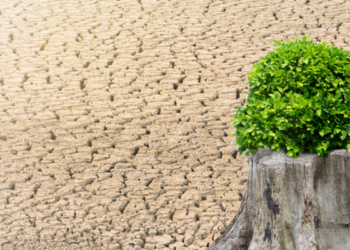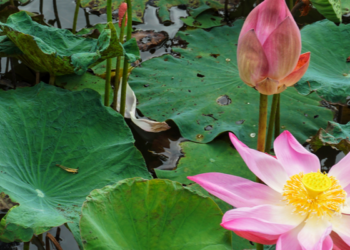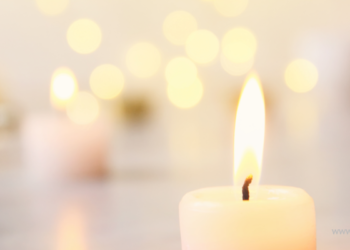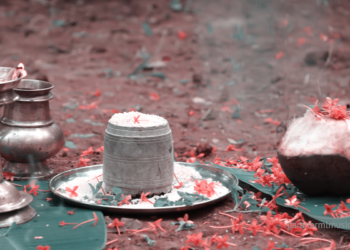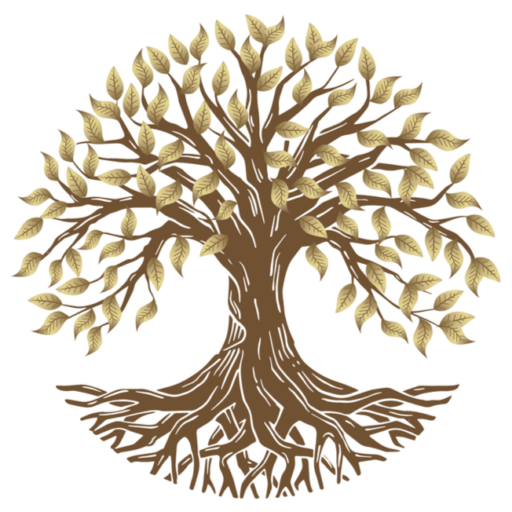Hindu Rituals for death. After death, Hindus believe that the physical body is of no purpose, and therefore does not need to be preserved. They choose to cremate their loved ones because they think it’s the quickest way to release the soul and help with reincarnation. Historically, Hindu funerals would occur on the Ganges River, India, mostly Varanasi. However, Hindus are cremated in their respective towns nowadays and most funeral directors perform the traditional rituals of Hindu cremation.
Materials such as milk, curd, etc., are offering as oblations in sacrifices presume a subtle form and attach to the sacrificer. There are strong scientific reasons for choosing milk and curd. The Jivas then go wrapped by water supplied by the substances offered as oblations. Hindu Rituals for death.
The water forming the oblation assumes the subtle type of Apurva, envelopes the spirits. Those who perform sacrifices appease the gods. The souls enjoy their time in heaven with the gods based on virtuous qualities. The souls return to earth with the remnants of the karmic baggage they carry. Hindu Rituals for death.
Based on the deeds, a soul is reborn as a human being or a creature or mineral. An individual’s longevity, beauty, familial relations, knowledge, intelligence, comfort are all predecided based on the karma theory.
Heaven or hell, Chandra Loka and Yama Loka are the destinations the soul goes to on leaving the body. Based on the actions performed during the earthly journey, the souls carry the imprints accordingly.



